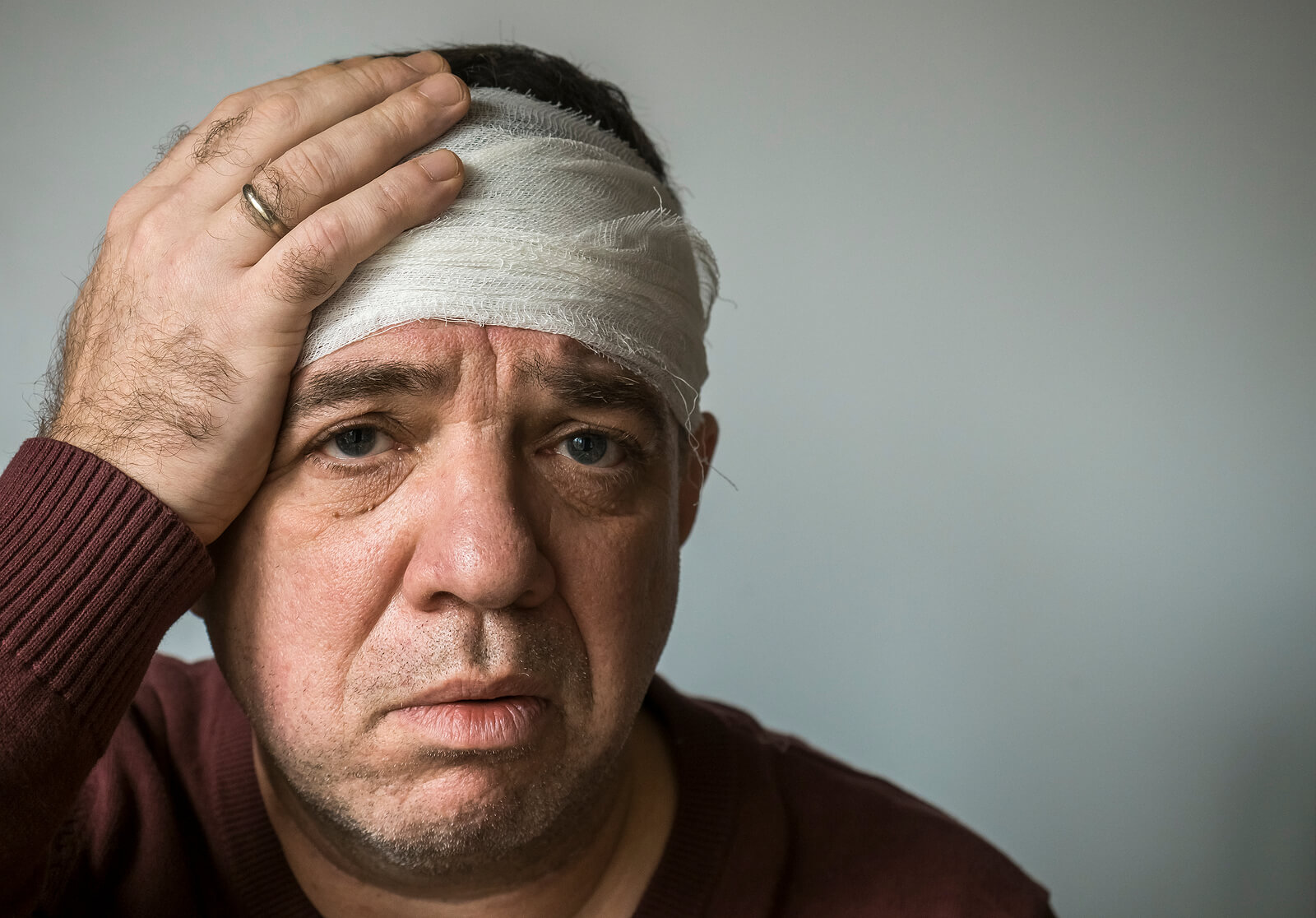Hearing Loss Overview
Hearing loss can affect anyone at any age. About 1–3 out of 1,000 babies are born with hearing loss, and it can be acquired at any point in childhood or adulthood. However, the most common type of hearing loss requiring treatment is age-related hearing loss, or “presbycusis.” Age-related hearing loss affects about one-third of those aged 60–74, and half of those aged 75 and up. While hearing loss is not considered a “normal” part of aging, it is the third most common chronic health problem in the United States. Nearly 100% of centenarians have hearing loss, suggesting we will all experience it eventually, if we only live long enough!
It is not known exactly why hearing loss affects so many of us as we age, though there are a few clues. Recent research has found that closely following an anti-inflammatory diet—such as the Alternate Mediterranean Diet (AMED) or Dietary Approaches to Stop Hypertension (DASH)—can significantly reduce the risk of hearing loss. Quitting smoking also reduces the risk and severity of hearing loss. Finally, reducing your exposure to noise is one of the best ways to prevent problematic hearing loss, or reduce its severity.
The Stanford Initiative to Cure Hearing Loss has noted that nearly every type of hearing loss appears to have a genetic component. While this may be true, it is still best to do everything we can to minimize the severity of whatever hearing loss we may acquire in time.

Types of Hearing Loss
There are two main types of hearing loss: sensorineural and conductive.
Conductive hearing loss results from a problem in the ear canal or middle ear. Causes of conductive hearing loss can include impacted earwax, perforated eardrum, or anomalies of the bones or muscles in the middle ear, among others. Conductive hearing loss is often curable, as the underlying causes can be removed.
Sensorineural hearing loss results from a problem in the inner ear or auditory nerves. Over 90% of cases of hearing loss fall under the sensorineural category, and are unfortunately incurable. Typically, sensorineural hearing loss has to do with damage to the tiny, hair-like cells in the inner ear—called stereocilia—that transduce (convert) the mechanical energy of sound into the chemical impulses that the brain can understand. Once these cells are damaged, they cannot be repaired, and hearing loss is the result. Hearing loss becomes problematic when somewhere between 30–50% of these hair cells are damaged.

Causes of Hearing Loss
These hair cells can be damaged by loud noise, head injuries, infection, certain life-saving medications, and cardiovascular issues that affect blood flow. These tiny cells need a lot of oxygen, and if blood is not properly delivering oxygen to them, they can die relatively easily. We might say that our hearing is like the “canary in the coalmine” of our cardiovascular system. Indeed, an age-related hearing loss that progresses faster than normal can sometimes be an indication of an underlying cardiovascular condition, before it becomes acute.

The Importance of Treating Hearing Loss
While hearing loss was once considered a benign—if annoying—part of getting older, research in recent decades increasingly implicates hearing loss in a host of unfortunate outcomes for health and well-being. Untreated hearing loss has been tied to an increased likelihood of depression, loneliness, social isolation, and physical injury. It has been found that those with untreated hearing loss spend a bigger portion of their day sedentary than those with normal hearing or hearing aids. It has even been found that untreated hearing loss significantly increases the risk of earlier onset of cognitive decline and dementia.
Those in the medical community increasingly view hearing loss as the beginning of a kind of cascade of negative outcomes for health and well-being. Fortunately, hearing aids appear to all but eliminate this trend, allowing wearers to live their lives much the same as they would with normal hearing.
Those who treat hearing loss with hearing aids tend to be more optimistic, confident, and self-reliant. They get more physical exercise, which is better for all systems in the body, including hearing! The earlier treatment begins, the easier it is to adjust to wearing hearing aids and the fewer consequences of untreated hearing loss you are likely to experience.
If you think you might have hearing loss, or if you are due for a hearing test, make an appointment with Audiology Associates today and take charge of your hearing health!

